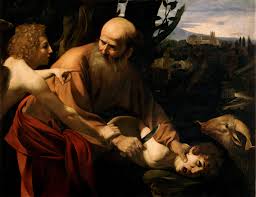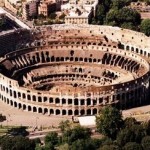by Ralph Hancock
An email from the indispensable Interpreter Foundation alerted me to this excellent article by Jeffrey M. Bradshaw on a question of fundamental importance: Was Eve deceived by Satan? Or to what degree and in what way was Eve deceived by Satan? This article takes what could be called a middle position between the traditional, Augustinian position (Eve was the first sinner and notable simply for bringing sin into the world) and a completely positive view of Eve’s choice in the garden (Eve knew just what she was doing and chose rationally and rightly in all respects).
Here is Bradshaw’s balanced conclusion:
“Latter-day Saints should rightfully honor Eve while also recognizing Satan as the cunning Tempter that he is. Though she was once deceived, Eve’s innate perceptiveness, increased by her experience, led to her becoming a symbol of Wisdom itself (Sophia). While briefly successful, Satan’s strategy to destroy the couple’s happiness was no match for the greatness of God’s wisdom and love. Eve’s forthright and intelligent initiative was a decisive blow to the Adversary.”
I’m not ready to say that I regard Bradshaw’s take on this fundamental question as final and adequate in all respects. The question of the meaning of Eve’s choice is quite inexhaustible since it is bound up with the most fundamental problems of the meaning of agency and the relation of agency to divine command on the one hand and to a rational pursuit of one’s own benefit on the other. Because neither framework (command or means-end rationality) can fully account for the meaning of agency, the interpretation of the Fall may finally be a matter that will always spill over from rational analysis into poetry and devotional language. Thus I think the question of ranking Eve and Adam in terms of wisdom and righteousness is rich and finally undecidable. It is Eve who succumbs; it is also Eve who first (and finally?) most fully understands what is at stake and what is the meaning of the Fall – and therefore of the Plan.
I regard the representations of Eve in our various temple depictions as admirable instances of such poetic and devotional tributes to the tragedy of the Fall that issues into the Divine Comedy of salvation and exaltation. Would you like to understand agency and, therefore, in effect, the meaning of life? Get thee to the temple and admire the comprehensive tragic-comedy of Eve’s choice in the garden.













